
OR
Ensuring food inspection
Nepal’s Tarai plains are rightly called the country’s food reserves, for most edibles the people of the country consume—from rice to lentils to dairy products—come from this region. Farmers in the past used to export rice to markets across the border. In the recent times, however, agriculture and livestock in this most strategic region in terms of food safety have gone down since most of the able-bodied youths are migrating to foreign countries for better jobs. Today, even people living in the food basket region import edible items from across the border, let alone those in the hills where very little grows. Surely, many factors account for this situation but it must be admitted that the state has not been able to do the bare minimum to ensure enough foods are produced, with quality ensured. Case in point is Bara district, home to most vegetable ghee and cooking oil producers, refinery mills (around 300) and dozens of food manufacturing companies of flour, noodles and rice. Surprisingly, there has been no food inspector since 2008 as a result of which local food industries remain unmonitored. This is utter negligence to consumer health.
Bara is the only district without a food inspector out of 20 districts in the southern plains. When they need, traders of Bara have to bring inspectors from Parsa and Makawanpur districts. Food technicians have to collect samples of food products from mills and send for inspection to the nearest lab at Regional Office of Food Technology and Quality Control in Hetauda. The Department of Food Technology and Quality Control (DFTQC), food regulating agency of the government, must take note of the situation and deploy an inspector at the earliest. Consumer activists suspect the collusion between government authorities and food companies for not appointing a food inspector. If so, their hands, in this case, should be investigated and the guilty party brought to book. Bara’s case should serve as a reminder for urgent efforts the state needs to take to ensure the growth of food production and to ensure quality as well.
Other districts in Tarai bear the high potential for setting up food industries. Agricultural industries can be the source of revenues for Province 2. We need policies to encourage more manufacturers and food companies to produce products so that they can be consumed not only within the country but also exported. But foreign countries won’t buy our products if they know that our production goes uninspected and that the quality of our products remains a suspect. If we continue with the situation whereby even the places that produce and supply most of the food products lack the mechanisms and officials to ensure quality and standards of edible items, we will not only be putting public health in danger but also our dream of achieving food security and safety might remain a distant dream.
You May Like This

Poison in Food
Coliform bacteria in milk samples ... Read More...
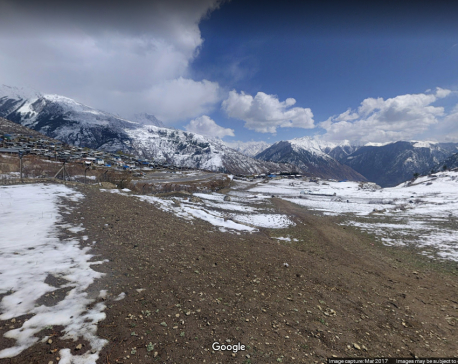
Biplav Maoists halt food supplies, Humla, Mugu under food shortage
HUMLA, Jan 21: For the past 10 days, the Biplav led Maoist faction have seized daily food supplies and 300... Read More...
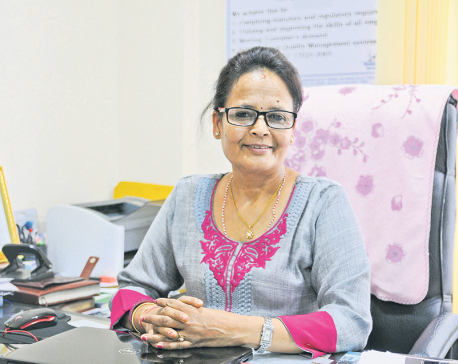
The poison in your food
You may have noticed that even after being careful about our food habits, many of us tend to get stomach... Read More...





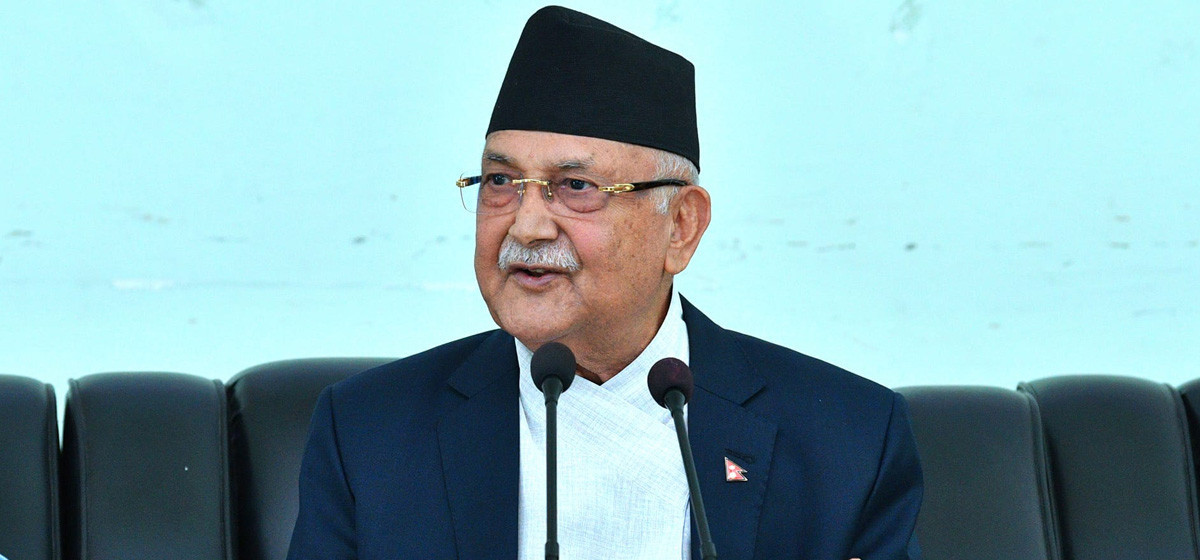
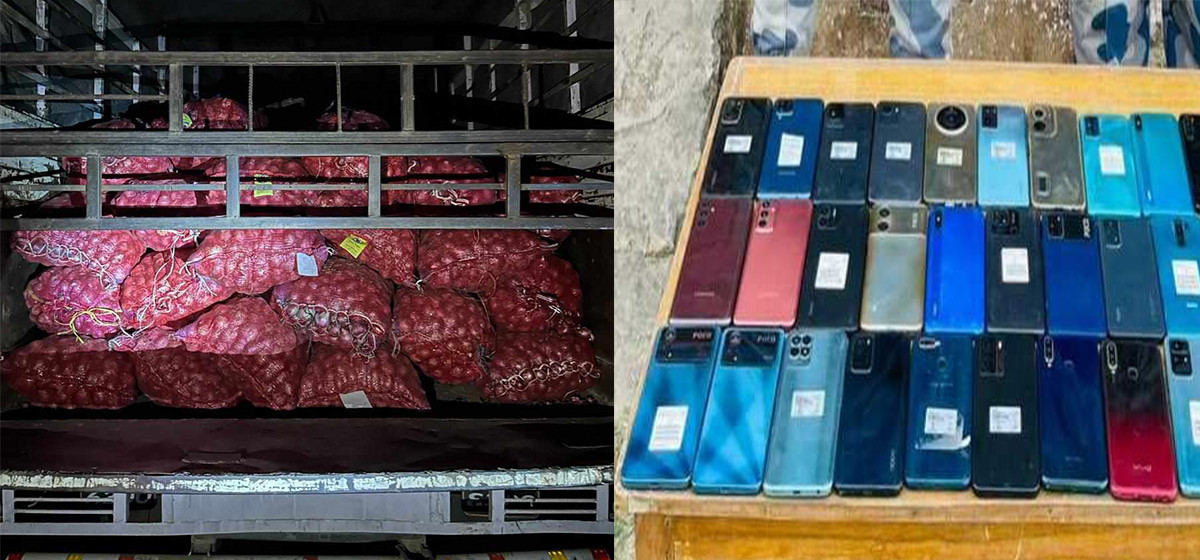
Just In
- NC objects Gandaki Province assembly call
- Eight Chinese citizens injured in Scorpio-microbus collision in Pokhara
- Former chief secretary Shakya passes away
- UML Chair Oli appeals vote for Nembang
- APF seizes illegally imported 152 sacks of onions and 32 units of mobile phones from Dhansuha
- 80 civil servants left in the lurch as MoFAGA places them in reserve pool
- Weather Alert: Storm likely in Lumbini and Sudurpaschim
- NOC investing Rs 3 billion to construct fuel storage plants of over 9,000 kl capacities in Bhairahawa




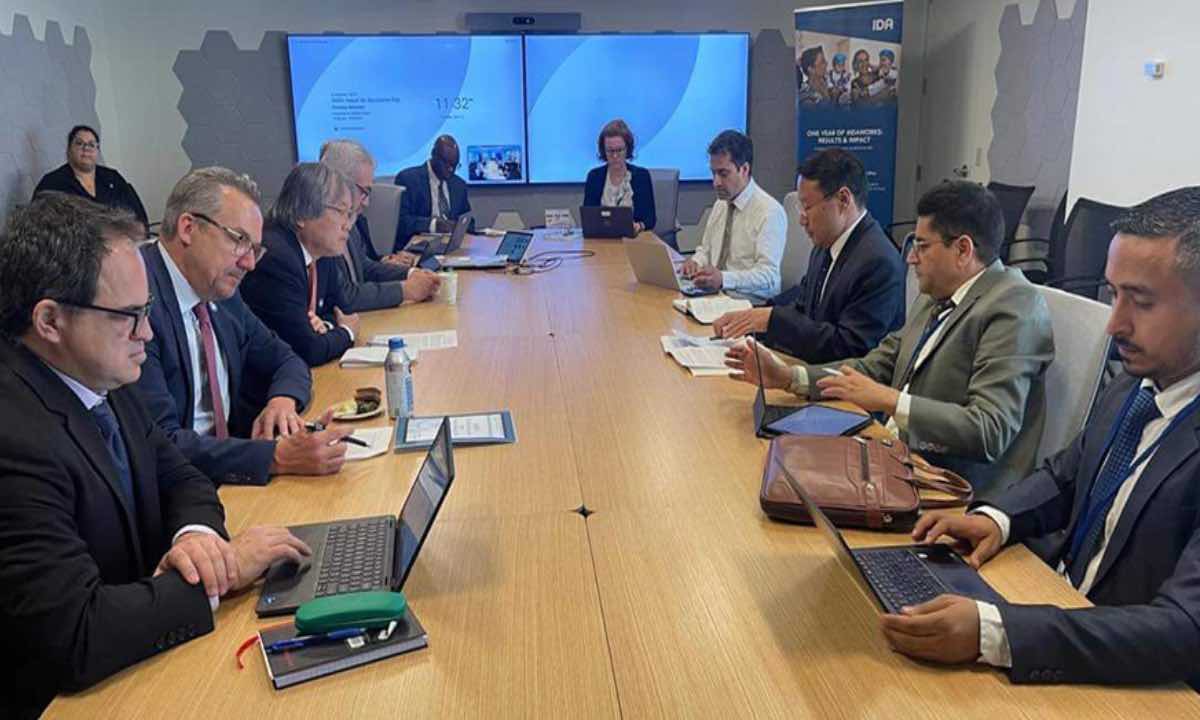
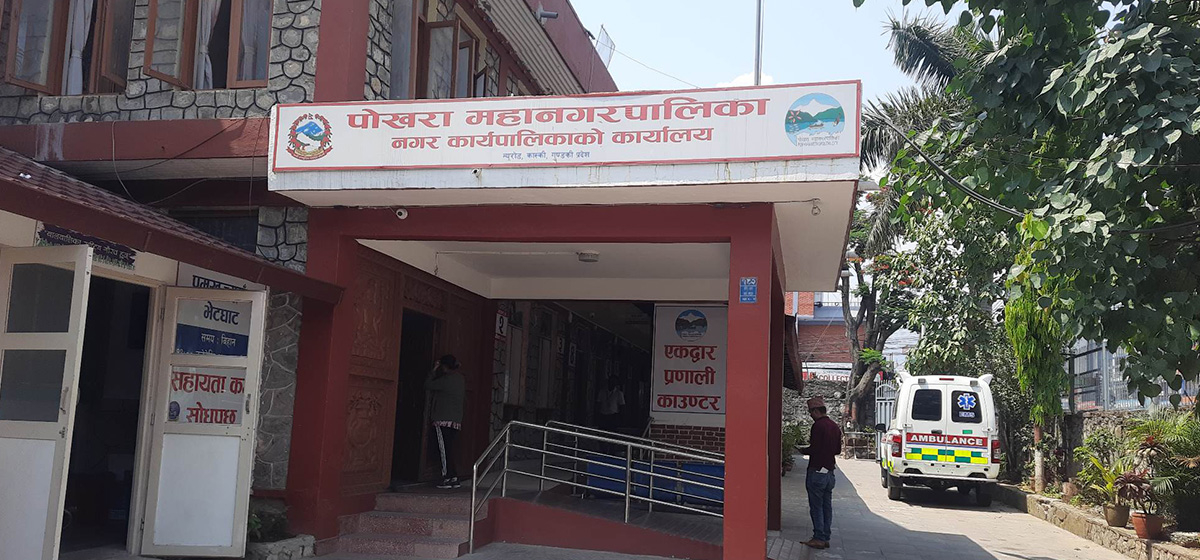


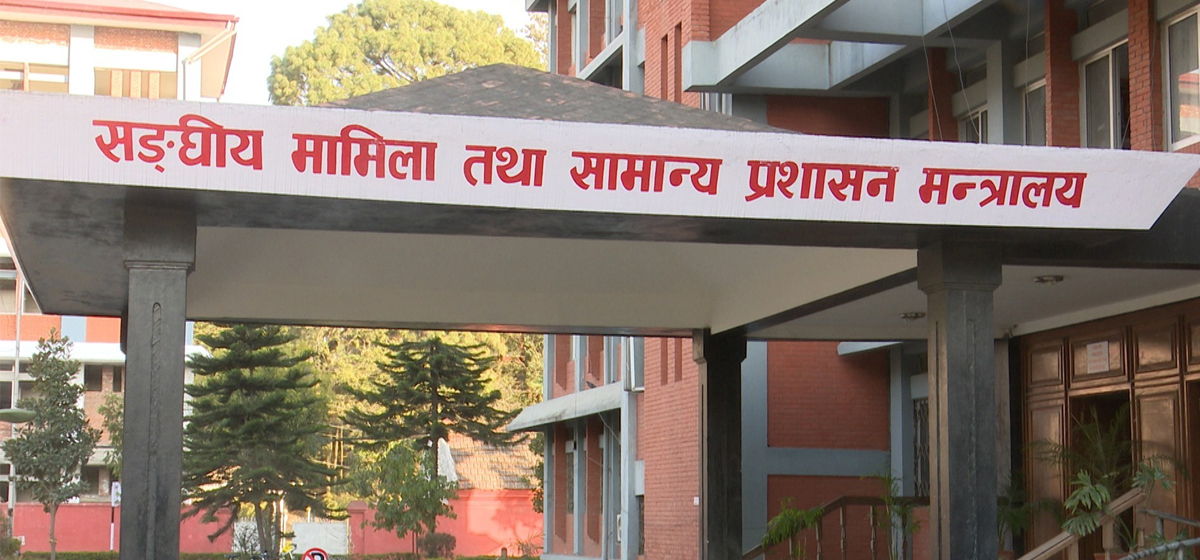


Leave A Comment